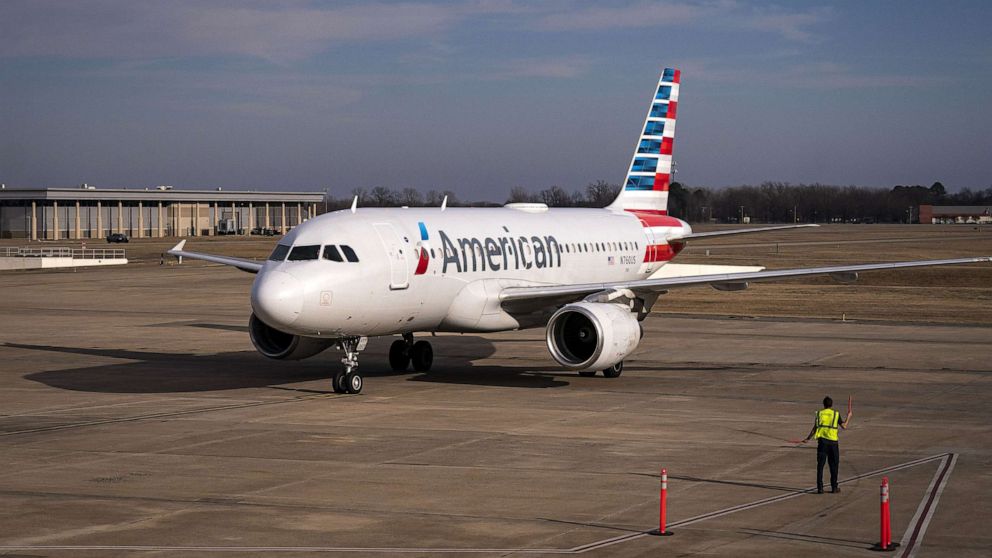American Airlines Takes Legal Action Against Skiplagged in a Lawsuit
American Airlines, one of the largest airlines in the United States, has recently filed a lawsuit against Skiplagged, an online travel platform. The lawsuit alleges that Skiplagged’s business model of selling “hidden city” tickets violates the airline’s terms and conditions, as well as federal law.
Skiplagged gained popularity in recent years for offering travelers a unique way to find cheaper flights. The platform utilizes a strategy called “hidden city” ticketing, where passengers book a flight with a layover at their desired destination, but intentionally miss the connecting flight to save money. By taking advantage of pricing discrepancies between direct flights and those with layovers, travelers can often find significant savings.
However, American Airlines argues that Skiplagged’s practices are unfair and harmful to the airline industry. The airline claims that Skiplagged’s actions violate its contract of carriage, which outlines the terms and conditions for passengers traveling on American Airlines flights. According to the airline, passengers who engage in hidden city ticketing are breaching their agreement with the airline.
Furthermore, American Airlines argues that Skiplagged’s practices also violate federal law. The airline cites the Airline Deregulation Act of 1978, which prohibits unfair and deceptive practices in air transportation. American Airlines claims that Skiplagged’s business model falls under this category, as it misleads customers and disrupts the airline’s revenue management system.
Skiplagged, on the other hand, defends its business model as a legitimate way for travelers to save money. The platform argues that it is simply providing information to customers about available flights and prices. Skiplagged maintains that it is not responsible for how customers choose to use that information.
This lawsuit has sparked a debate about the ethics and legality of hidden city ticketing. Supporters argue that it is a clever way for consumers to navigate the often complex and expensive world of air travel. They believe that airlines should adapt their pricing strategies to be more transparent and fair to customers.
However, opponents argue that hidden city ticketing is a form of fare evasion and hurts the airline industry. They claim that airlines rely on revenue management systems to optimize flight prices and ensure profitability. By intentionally skipping flights, passengers disrupt these systems and potentially increase costs for other travelers.
The outcome of this lawsuit could have significant implications for both Skiplagged and the broader travel industry. If American Airlines is successful in its legal action, it could set a precedent for other airlines to take similar measures against platforms like Skiplagged. On the other hand, if Skiplagged prevails, it could lead to increased acceptance and adoption of hidden city ticketing practices.
In the meantime, travelers should be aware of the potential risks associated with hidden city ticketing. While it may offer savings, there are certain drawbacks to consider. For instance, passengers who engage in this practice may not be eligible for frequent flyer miles or other benefits associated with their original ticket. Additionally, airlines may penalize passengers who are caught intentionally skipping flights.
As the legal battle between American Airlines and Skiplagged unfolds, it will be interesting to see how the court addresses the complex issues surrounding hidden city ticketing. Regardless of the outcome, this lawsuit highlights the ongoing tension between airlines and online travel platforms, as they navigate the ever-changing landscape of the travel industry.



